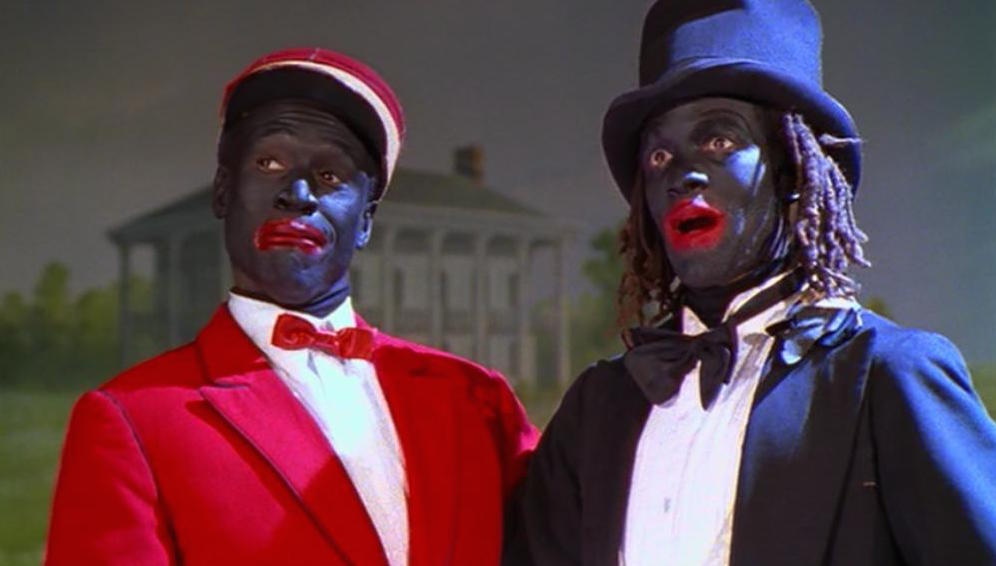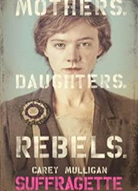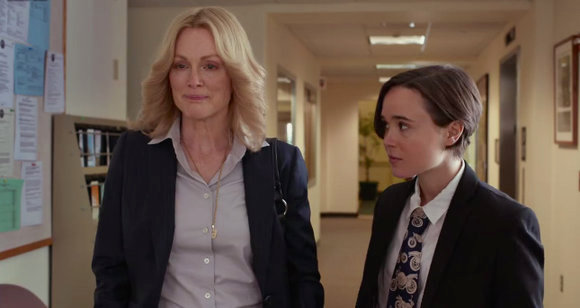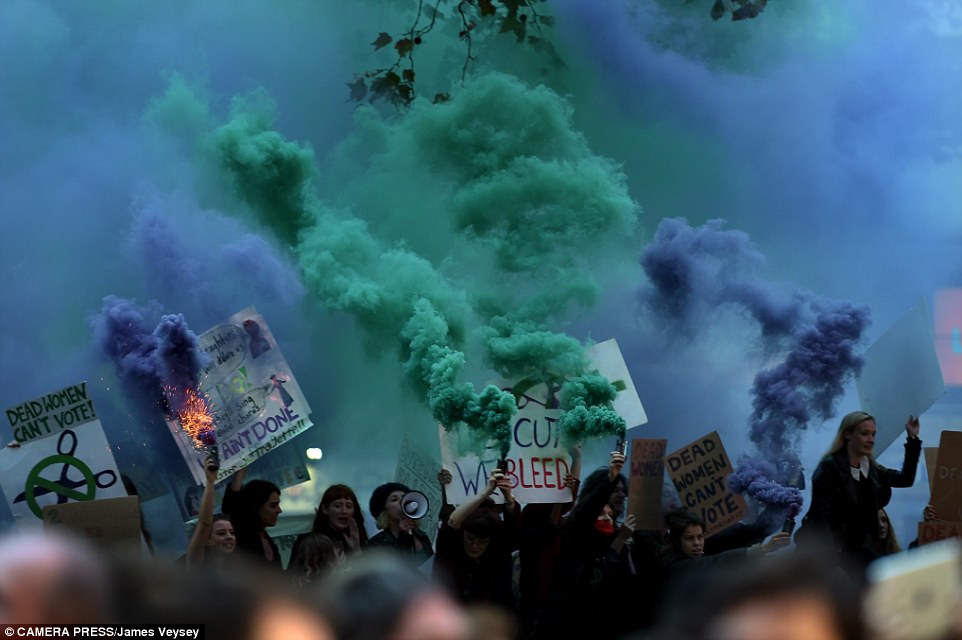Spike Lee's "Bamboozled" - Still angry, still timely
 Monday, November 9, 2015 at 1:00PM
Monday, November 9, 2015 at 1:00PM  TFE is celebrating the three Honorary Oscar winners this week. Here's Lynn Lee on one of Spike Lee's most controversial joints...
TFE is celebrating the three Honorary Oscar winners this week. Here's Lynn Lee on one of Spike Lee's most controversial joints...
Is Spike Lee an Angry Black Man? Reductive as the label is, it’s hard not to associate with an artist as reliably outspoken as he is accomplished—if only because so much of his best work is fueled by genuine anger at the condition of African Americans and the state of American race relations generally. The irony of having achieved major critical and commercial success by channeling those frustrations surely hasn’t been lost on him, even if it’s done nothing to diminish them.
Bamboozled (2000), an incendiary, balls-to-the-wall satire about a disaffected black man who creates a pop culture monster, shows Lee at his angriest and most conflicted. The film takes its cue from Malcolm X’s famous wakeup call:
You’ve been hoodwinked. You’ve been had…You’ve been bamboozled”
It tells the tale of a Harvard-educated black TV writer (Damon Wayans, sporting a deliberately outlandish pseudo-French African accent) who pitches a hideously racist modern-day minstrel show as a fuck-you response to his white boss’s demand for “blacker” material—only to have the show become a megahit despite, or rather because of, the controversy it causes. [More...]










